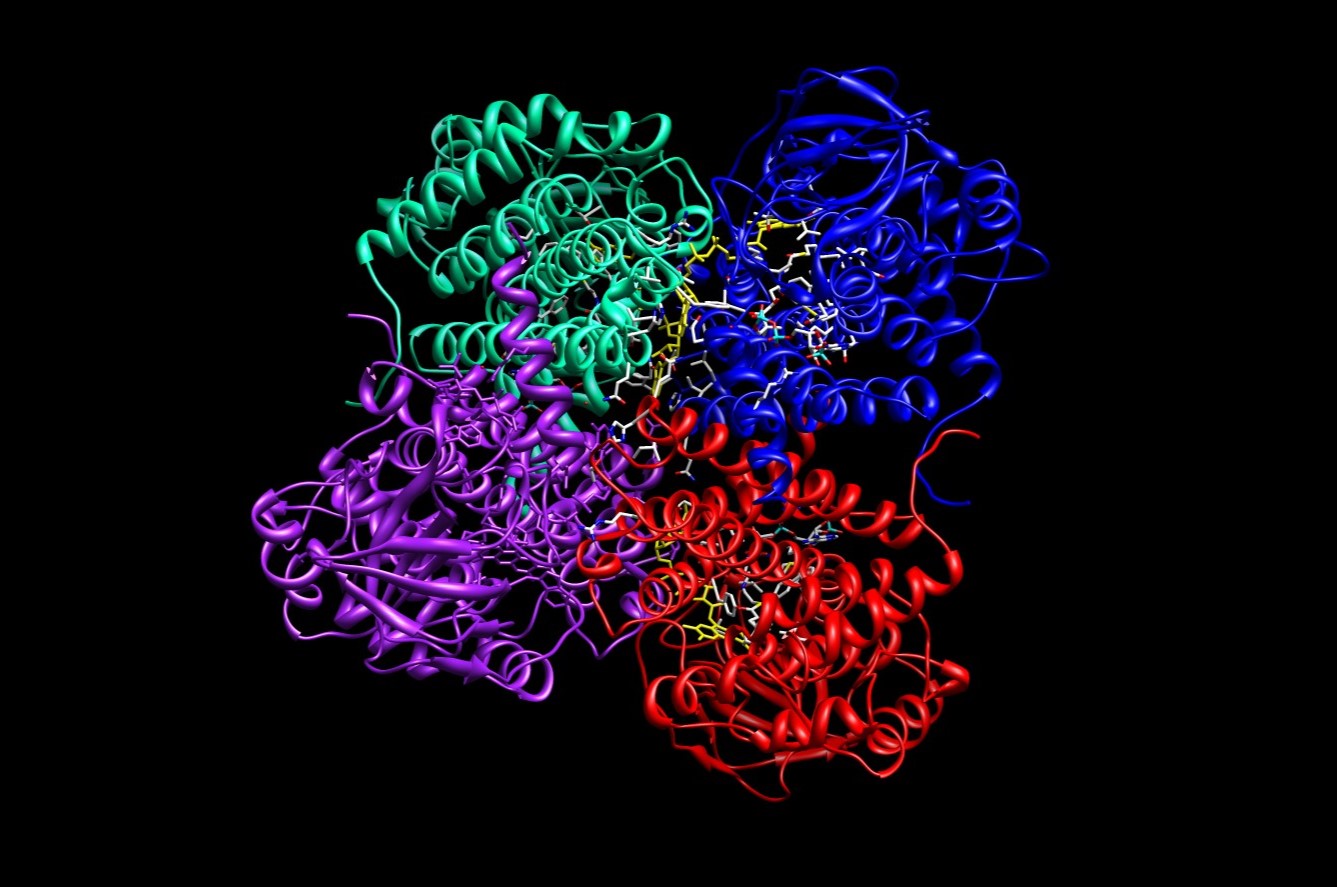
Acyl-CoA Dehydrogenase Deficiency is a rare genetic disorder affecting the body's ability to break down certain fats. This condition can lead to serious health issues, especially during periods of fasting or illness. Symptoms often include low blood sugar, muscle weakness, and lethargy. Early diagnosis and treatment are crucial to manage the condition effectively. Genetic testing can confirm the diagnosis, and dietary management plays a key role in treatment. Understanding this disorder helps in providing better care and support for those affected. Let's dive into 20 essential facts about Acyl-CoA Dehydrogenase Deficiency to shed light on this complex condition.
What is Acyl-CoA Dehydrogenase Deficiency?
Acyl-CoA Dehydrogenase Deficiency is a rare genetic disorder that affects the body's ability to break down certain fats. This condition can lead to serious health problems if not managed properly. Here are some key facts to help you understand this condition better.
-
Genetic Origin: This deficiency is inherited in an autosomal recessive pattern, meaning both parents must carry the defective gene for a child to be affected.
-
Types: There are several types, including Medium-Chain Acyl-CoA Dehydrogenase Deficiency (MCADD), Very-Long-Chain Acyl-CoA Dehydrogenase Deficiency (VLCADD), and others.
-
Enzyme Role: The enzyme affected by this deficiency is crucial for breaking down medium-chain fatty acids into energy.
-
Symptoms: Symptoms can include vomiting, lethargy, and hypoglycemia, especially during periods of fasting or illness.
-
Diagnosis: Newborn screening can detect this condition early, allowing for prompt treatment.
How Does Acyl-CoA Dehydrogenase Deficiency Affect the Body?
Understanding the impact on the body can help in managing the condition effectively. Here are some insights into how this deficiency affects bodily functions.
-
Energy Production: The body struggles to convert fats into energy, leading to energy deficits, especially during fasting.
-
Muscle Weakness: Patients may experience muscle weakness due to the lack of energy production from fats.
-
Hypoglycemia: Low blood sugar levels are common, as the body cannot efficiently use fat stores for energy.
-
Liver Function: The liver can become enlarged and fatty due to the accumulation of unmetabolized fatty acids.
-
Heart Issues: Some types, like VLCADD, can lead to heart problems, including cardiomyopathy.
Treatment and Management of Acyl-CoA Dehydrogenase Deficiency
Managing this condition involves a combination of dietary changes and medical interventions. Here are some important facts about treatment and management.
-
Dietary Management: A low-fat, high-carbohydrate diet is often recommended to prevent energy deficits.
-
Frequent Meals: Regular, small meals can help maintain blood sugar levels and prevent hypoglycemia.
-
Emergency Protocols: Patients should have an emergency plan in place for illness or fasting, including glucose supplements.
-
Monitoring: Regular monitoring of blood sugar levels and liver function is crucial for managing the condition.
-
Genetic Counseling: Families may benefit from genetic counseling to understand the risks and implications of the disorder.
Living with Acyl-CoA Dehydrogenase Deficiency
Living with this condition requires awareness and proactive management. Here are some facts about daily life with Acyl-CoA Dehydrogenase Deficiency.
-
Education: Patients and families should be educated about the condition and its management.
-
Support Groups: Joining support groups can provide emotional support and practical advice.
-
Exercise: Moderate exercise can be beneficial, but intense physical activity should be monitored.
-
Medical ID: Wearing a medical ID bracelet can be lifesaving in emergencies.
-
Regular Check-ups: Frequent visits to healthcare providers ensure that the condition is managed effectively and complications are minimized.
Final Thoughts on Acyl-CoA Dehydrogenase Deficiency
Acyl-CoA Dehydrogenase Deficiency (ACDD) is a rare but serious metabolic disorder. Understanding its symptoms, causes, and treatments can make a huge difference in managing it effectively. Early diagnosis is crucial for preventing severe complications. Genetic testing plays a key role in identifying this condition, allowing for timely intervention.
Dietary management, including frequent meals and avoiding fasting, helps maintain energy levels. Medical treatments, like supplements and medications, can also support metabolic function. Families dealing with ACDD should seek support from healthcare providers and patient advocacy groups.
Raising awareness about ACDD can lead to better resources and support for those affected. Knowledge empowers families to take proactive steps in managing this condition. Stay informed, seek help when needed, and remember that early intervention can significantly improve quality of life for individuals with ACDD.
Was this page helpful?
Our commitment to delivering trustworthy and engaging content is at the heart of what we do. Each fact on our site is contributed by real users like you, bringing a wealth of diverse insights and information. To ensure the highest standards of accuracy and reliability, our dedicated editors meticulously review each submission. This process guarantees that the facts we share are not only fascinating but also credible. Trust in our commitment to quality and authenticity as you explore and learn with us.


